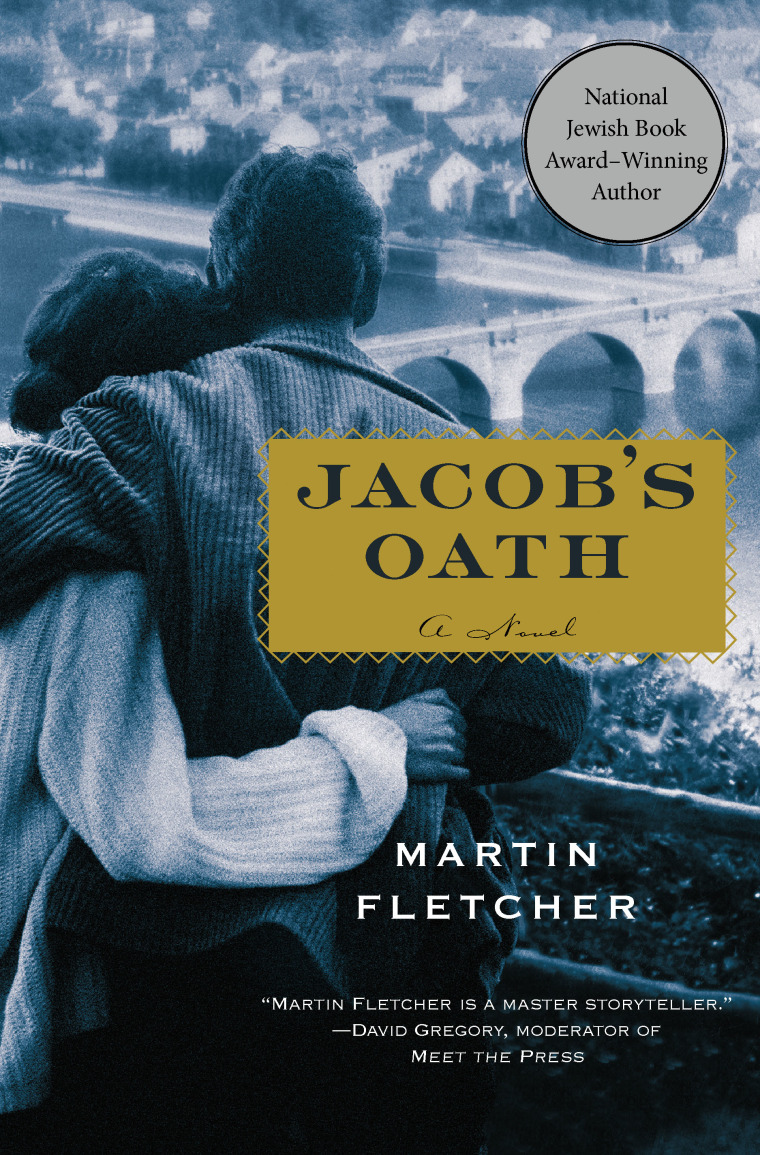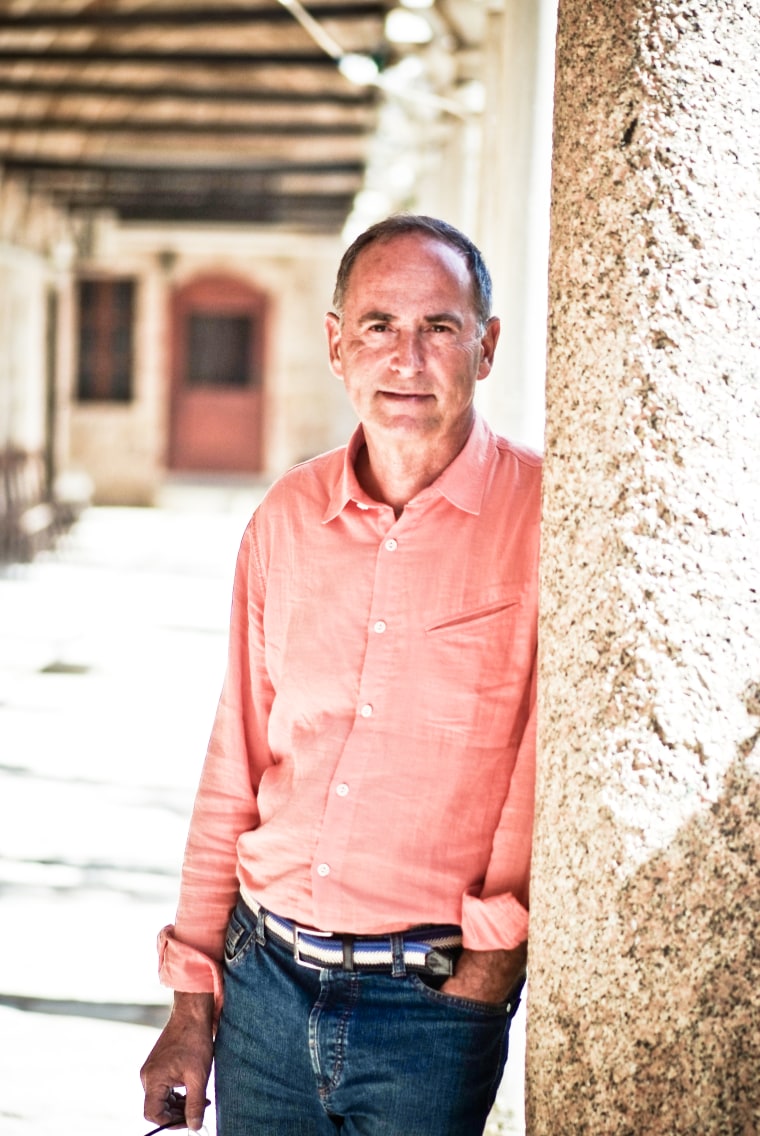I resigned from NBC because I began to write fiction, only to find it was no part time pursuit. I had been able to write two non-fiction books while reporting the news because I could break up each chapter into sections, outline them, and write the parts whenever I had time.
But fiction is much more demanding.
In my first novel, “The List”, I was writing about a character named Otto, when I had to set the manuscript aside and travel to Afghanistan for two weeks to spend Christmas with the US troops. But in January, back home in front of the computer, I had no idea who Otto was. Why was he there? What did he want? I didn’t have a clue.
That’s when I realized that if I wanted to write novels, I had to bite the bullet and resign. I didn’t want to be ninety years old and look back and realize that I had never given myself the chance to do the thing I most wanted to do.
Then I found that hard as it is to write fiction, it’s harder to sell it. There’s the story of the wife who called the writer in tears. “I was cooking,” she said, words running into each other, “and your agent called. I forgot the soup, the kitchen burst into flames, the house burned down, I barely escaped with my life, and oh, the poor little puppy…”
“Hang on, back up,” the writer said. “My agent called?”
And anyway people don’t care so much about books any more. Back at NBC, freelancing to pay the bills, I was covering riots in a London shopping mall and noticed that the windows of every single shop had been smashed and the contents looted, except for one shop. Alone, its windows were intact, its wares rejected by the mob: The book shop.
A man must choose between love and revenge in Martin Fletcher's 'Jacob's Oath'
The good news though is that after so many years covering wars and destruction, intruding upon people on the worst day of their lives, at last I was able to impose a reparative process on my world. In psychology, that means making mental repairs to a damaged internal world. For me, dealing with a damaged external world, I was at last able to make things better for the people I was involved with, my fictional characters.
In other words, I love a happy ending.
Critics have written that my books manage to find hope in the grimmest of worlds. My Holocaust survivors find love. A beaten character finds the joy of a newborn baby. A lonely son finds his long-lost father.
Hear an excerpt from the audiobook of Martin Fletcher's 'Jacob's Oath'
I hadn’t realised how half full is my fictional glass, because in my day job the glass was usually half empty, and draining fast.
In Sudan a man realised that his starving child had died in his arms. He looked up and as his eyes began to widen, our eyes met and held. In my sleep I still see his tears and hear him cry.
A Palestinian couple wanted to show me the bloody dress of their daughter who had been shot dead; they kept it in a paper bag in a neighbor’s apartment because they couldn’t bear to have the dress within their own walls. An Israeli woman whose child had died in a suicide bombing held me and wouldn’t let go.
No wonder that now I have a chance to make it up, I prefer a happy ending, and sometimes my characters do too. They can take over and as one action leads relentlessly to another, write their own story. I am sometimes as surprised as my readers will be by what transpires on the page. I often chuckle and laugh out loud, or sigh and wipe tears from my eyes, as I write things I had no idea I would write.

In my new book, “Jacob’s Oath”, at war’s end there is a kind Russian officer in Berlin who saves a Jewish survivor from rape. That was all he was supposed to do, and his role was so brief that Lieutenant Isak Brodsky didn’t even appear in my outline. Yet Isak entered as such a colorful and bold character that I felt I couldn’t just drop him from the story. And as one appearance led to another, he became critical to my story of love and revenge.
Isak Brodsky wrote himself into my book, and I thank him.
But in news you can’t make it up. Real life is confused. There are rarely happy endings, just a painful new start, because after all, what choice does anyone have but to carry on?
That is the nexus of my work as a reporter and a novelist, a writer of fact and of fiction. While being honest and fair, in the most difficult of circumstances, I want to make things better, in any little way that I can.
